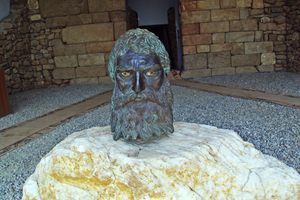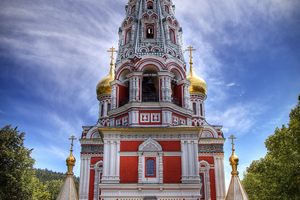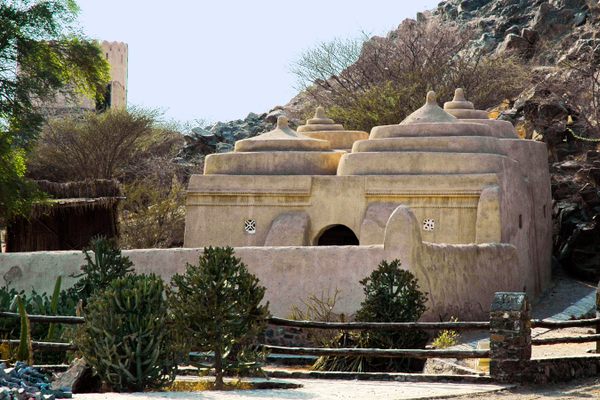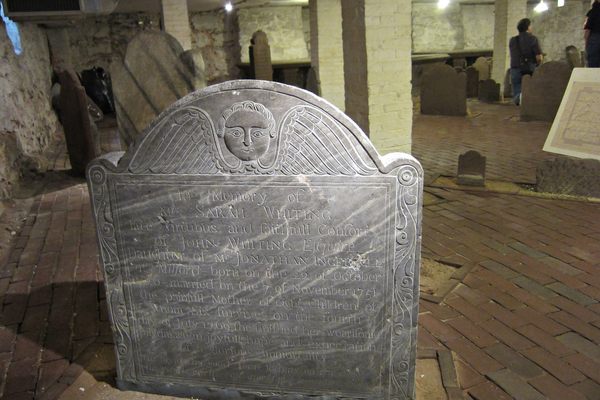About
In the midst of Bulgaria's fragrant Rose Valley, the Thracian Tomb of Kazanlak was discovered in the 1960s. A vaulted brickwork "beehive," the tomb is part of a larger Thracian necropolis consisting of a corridor and burial chamber decorated with murals that have since been protected as a World Heritage Site.
The murals that decorate the necropolis are of exceptional interest because of their elaborate depictions of a ritual funeral feast, fanciful horses, and traditional gestures of farewell. Near the ancient Thracian capital of Seuthopolis, these paintings are one of Bulgaria's best preserved artifacts from the Hellenistic period.
It is estimated that the tomb was built during the last decades of the 4th century BCE. Atop a rocky hill, it has three chambers required by the Thracian cult of the dead: an antechamber for the chariot, horses, or slaves which accompanied the dead to the afterlife; a corridor which stored things needed in the afterlife; and a burial chamber for the body itself.
Related Tags
Community Contributors
Added By
Published
December 8, 2010


















